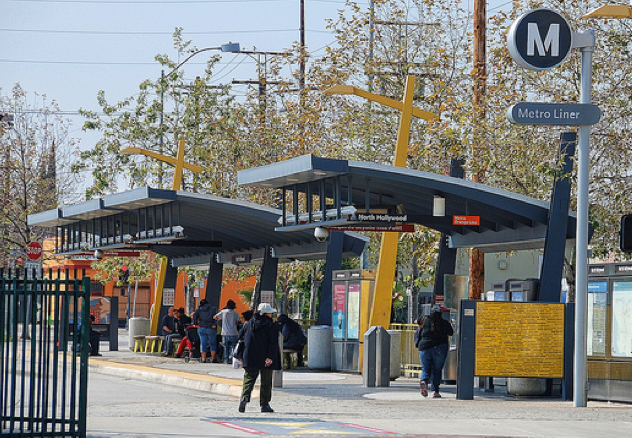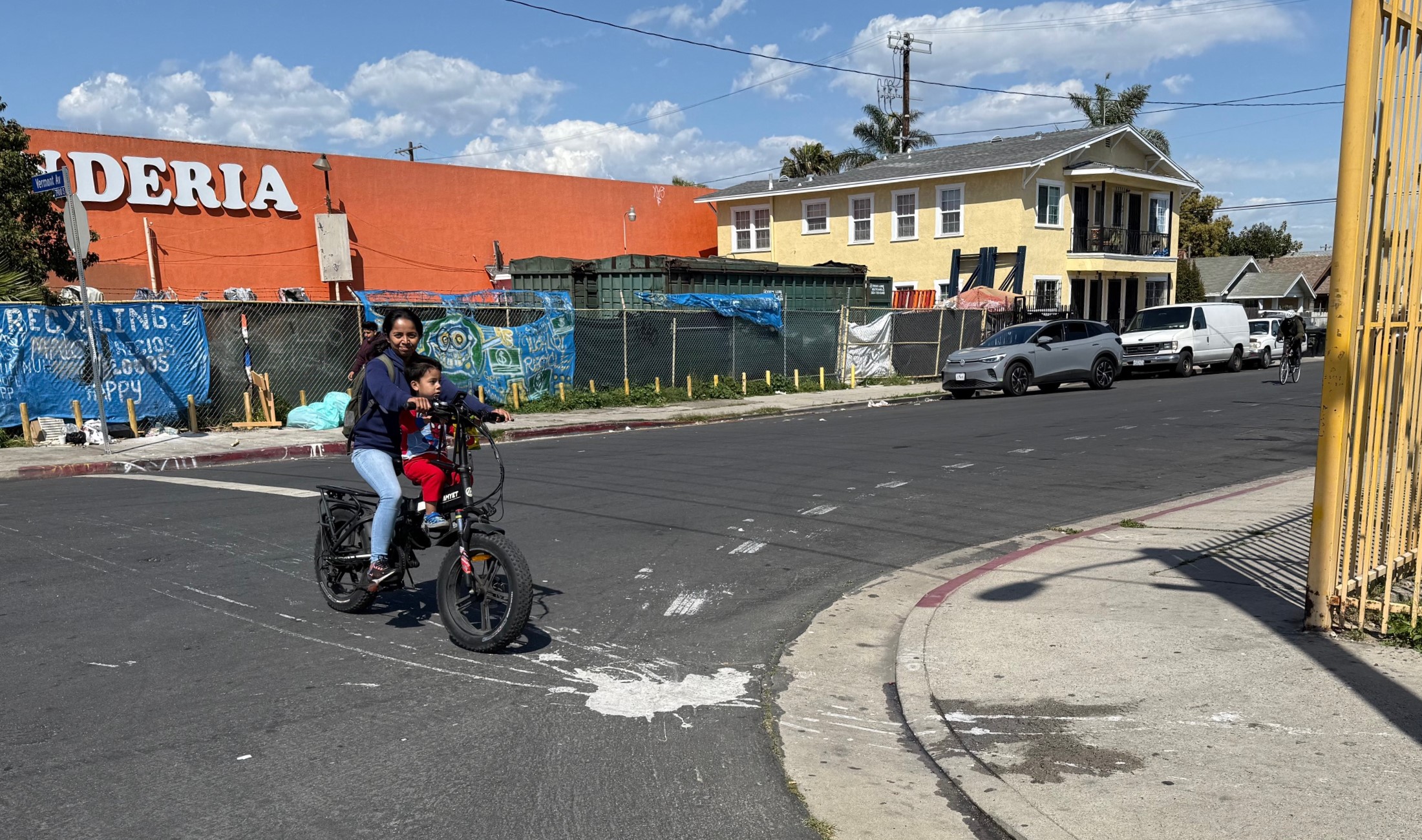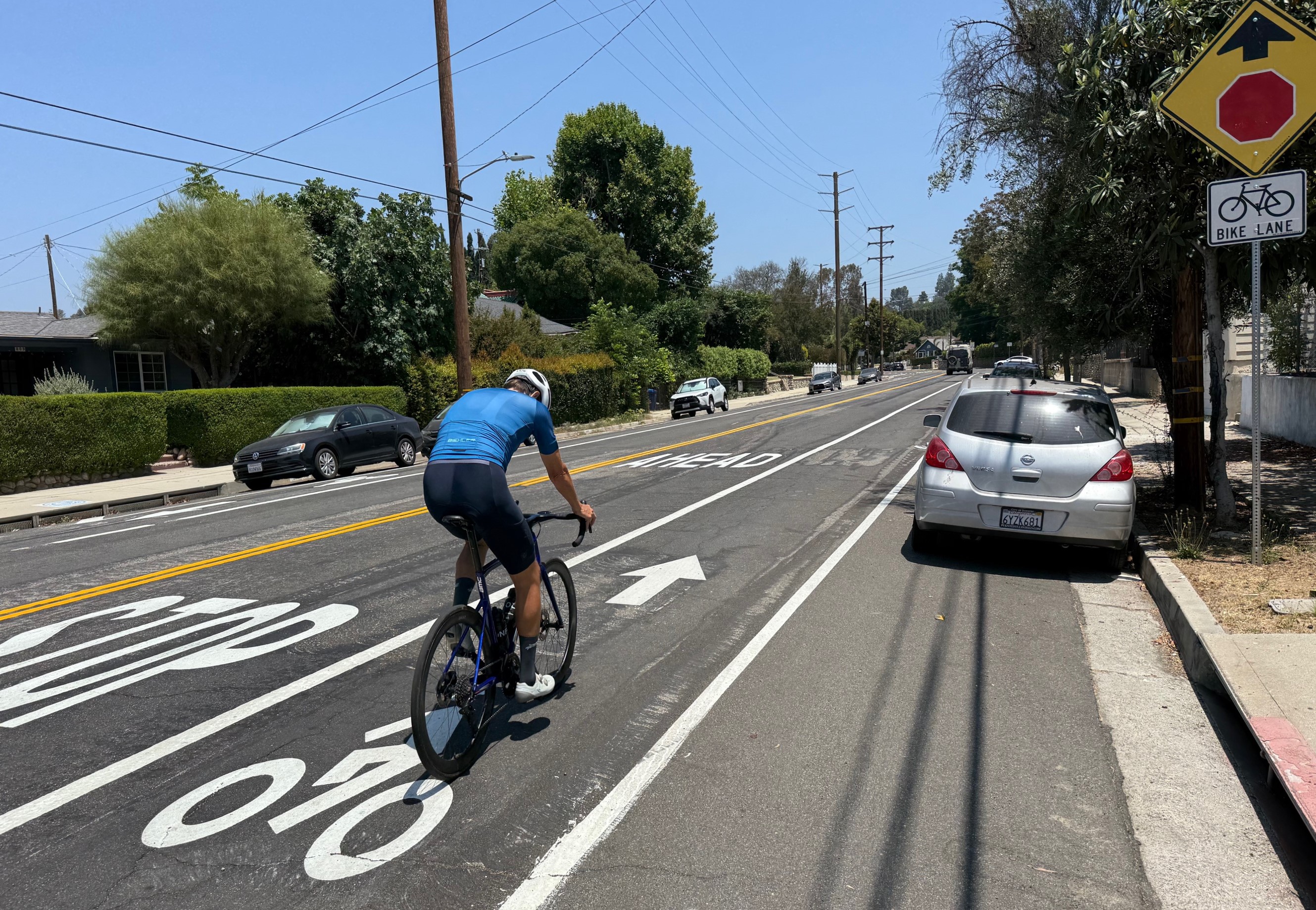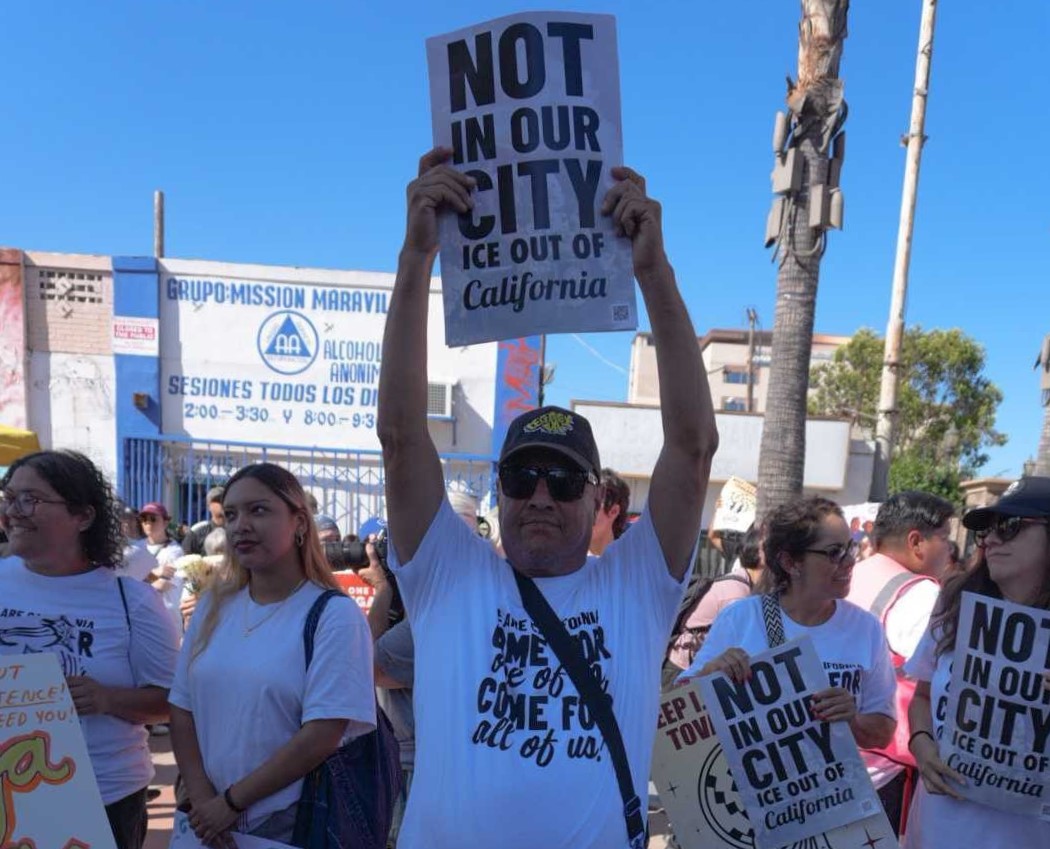
Earlier this week, Metro released a draft of its 2012 budget, which includes both its operating and capital budgets. The budget increased slightly over the 2011 budget, which is because many Measure R projects will begin construction this year. The Source does a pretty good job breaking down the numbers, but the final budget hasn't been uploaded to the Metro website as of yet. Update: Here it is!
In an effort to better understand the budget and the numbers therein, I reached out to some of the leading transit advocates to delve a little deeper into the numbers. Dana Gabbard, of the Southern California Transit Advocates, but speaking here for himself, and Sunyoung Yang, the Clean Air Coordinator for the Bus Riders Union, responded. As you might expect, the responses were dramatically different between Gabbard and Yang.
Gabbard seems ready to pop the champagne ending his commentary, "Not so long ago some of us wondered if the Gold Line to Pasadena would be the last rail project completed in our lifetime. I knew the situation would eventually improve but the magnitude of where we have gotten in a fairly short period of time is truly breathtaking to contemplate."
Meanwhile Yang finds a silver lining in 377,000 hours of bus service cuts. "The Budget Planning Parameters for FY12 budget issued in March indicated that 582,000 hours would be reduced from bus operations, but the draft budget issued today has only 377,000 hours reduction (which includes 305,000 hours approved last month)."
Each of their full comments can be found after the jump. It really is amazing to think of how quickly things can change in Southern California politics. Just a couple of years ago, advocates for a county-wide rail system felt stymied by a consent decree between the BRU and Metro that required the creation and maintenance of a record amount of bus service. Today, advocates for maintaining that same bus network are finding it more difficult to defend that network from service cuts while rail will be growing at a record pace in the coming years.
Both Gabbard's and Yang's full statements can be found after the jump.
Gabbard:
While the reduction in price in the day pass in laudable, it would be more useful if Metro finally implemented the long-promised paper TAP cards with chips that bus operators will be issued to use for loading day passes.
I am heartened that Art Leahy has confirmed my previous analysis that this budget provides a significant boost in service for the Red/Purple Line. But I have yet to hear an explanation for why this is being undertaken. Maybe responding to the looming possibility of $5 per gallon gasoline driving up subway ridership? Just curious.
What an amazing era we are living in for Metro in its press release on the budget to state "Trains on the new Expo light rail line to Culver City are being tested, and the second phase of Expo to Santa Monica is about to break ground. Construction of the Foothill Extension of the Metro Gold Line to Azusa is in the construction phase. Within a year construction should begin for the Crenshaw/LAX light rail line with other rail projects in the immediate queue." Not so long ago some of us wondered if the Gold Line to Pasadena would be the last rail project completed in our lifetime. I knew the situation would eventually improve but the magnitude of where we have gotten in a fairly short period of time is truly breathtaking to contemplate.
Yang:
The Budget Planning Parameters for FY12 budget issued in March indicated that 582,000 hours would be reduced from bus operations, but the draft budget issued today has only 377,000 hours reduction (which includes 305,000 hours approved last month). We believe this is a result of the pressure from both the FTA Civil Rights investigation that’s pending and the BRU and public’s push back that the cumulative impact of cuts have left low-income bus riders with less access to education, job, and health centers. It is a small victory for bus riders for the next shake-up but 377,000 hours of cuts is still substantial given that this year’s cuts only add to the last 3 years of cuts and included cutting lifeline services like the 305.The big picture is that while the size of the budget has increased, bus service has continued to decline.
In FY07-08, the budget was $2.8 billion and in FY11-12 it will be $4.1 billion, with the growth attributed in large part to Measure R. Yet bus service has declined sharply in that same time period. Bus service peaked at 7.674 million hours in FY08 and will drop this year to 6.835 million hours. The agency acknowledges more is being spent on capital at the same time that the agency works to make the bus system more efficient. But reading the fine print, we know that there are choices being made to spend less bus-operations eligible money (like Prop C and A discretionary funding) each year on bus operations.






